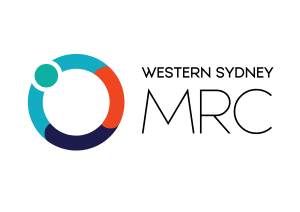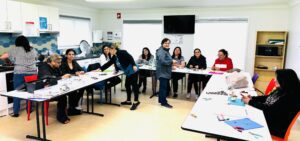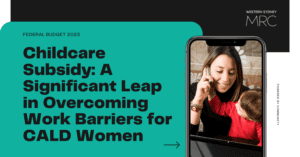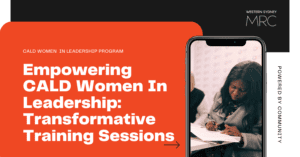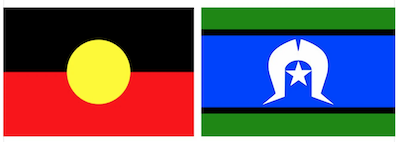“On behalf of Western Sydney MRC, can we congratulate SSI on its 20th Year. It is remarkable to see SSI’s outstanding growth, with the dedication and hard work of all involved, it has achieved a remarkable outcome.
As a previous board member and chair, I am proud to have played a role, and look forward to another remarkable 20 years of continued growth. Western Sydney MRC values our collaboration with SSI and all the NSP Members.
Can we take the opportunity to Congratulate Violet Roumeliotis whom has been associated with SSI from its inception as part of a member organisation to one of the most impactful NGOs in Australia. Also to Elisabeth Shaw, who has ably steered the board as chair and has played a large role in SSI’s success, as have all the board members. All staff, members, volunteers and partners should be proud of the remarkable success of SSI.”
Western Sydney MRC CEO, Kamalle Dabboussy
Background Information – The NSW Settlement Partnership
‘The NSW Settlement Partnership provides support to refugees and migrants, so they can become independent and contribute to the Australian community.
The NSW Settlement Partnership (NSP) is a consortium of community organisations, led by Settlement Services International, delivering settlement services in agreed areas of NSW under the Department of Home Affairs’ Settlement Engagement and Transition Support (SETS) program.
The NSP represents a unique and innovative settlement services model and provides an opportunity for organisations with a long and proud history in service delivery to migrants, refugees and humanitarian entrants to work collaboratively to address the aim and objectives of SETS.
The consortium comprises 21 organisations, including SSI and its 11 member Migrant Resource Centres and multicultural services, as well as nine community organisations located around the state.
Using the partners’ grassroots experience in their local communities, the NSP’s high-quality, integrated services support self-reliance, equitable participation in Australian society and, as a consequence, promote social cohesion and productive diversity within the Australian community.’
